Keine refused to become one of those people who find religion in prison on the
way to death row. No, he decided, repenting is for the ones who are here for a
reason. I have done nothing wrong.
felt the justice system was a joke. “Justice was only a word that the
court system was using to put four innocent men, myself among them, to death in
New Mexico for a murder we did not commit,” he said. As the
days drew closer to his execution, his faith in God withered.
“You did this to me, God!” Ron cried out. “I’m not gonna get on
my knees and beg, because I don’t want your help! I am an innocent man!”
of their scheduled death, the men decided: They
may take everything from us, but we will take our own lives. They
planned suicide as a way to hold onto a small shred of the freedom
that corrupt men had ripped away from them. But as the reality of such a choice
sank in, something stopped Ron. Wait,
hold on, he realized,. If I do that
I’ll go to hell. He knew that was something even worse than death row.
 Ron looked at his life. What would the Ron of years
Ron looked at his life. What would the Ron of yearsbefore, the altar boy from Detroit, have though if he could have envisioned sitting in a
prison cell, days away from an execution by the state of New Mexico? After high
school, Ron rebelled and joined one of Detroit’s motorcycle clubs. His best friend, Doc, convinced him to ride
to California. They were young, had bikes, and wanted a free-spirited life. On
February 14,1972, the day after Ron got his mechanic certification, Doc and he
rode the cold Northern Route to California. Once there, they joined the “baddest” motorcycle gang they could find.
riding in California, Doc and Ron and three of their club brothers decided to
return to Detroit for a visit. Since it was winter, everyone piled into a van. Along the way, they saw two hippy hitchhikers and decided to give them a
lift. The hippies looked intimidated upon seeing the van full of five
bikers, but they were greeted with beers and welcomed. Then one of the hippies
was caught shoving beers into his knapsack. It resulted in them getting put out
on the road; one with a black eye.
hippies were dishonorably discharged, six police squad cars pulled over the van
and arrested all five occupants. The hippies had used a pay phone to alert the
police to the van. The five of them were charged with armed robbery of a party
store on Route 40. It went to trial but was dismissed when the judge realized
that the party store that they allegedly robbed had burned down two years
earlier.
the trial, the detainees expected to be released. Instead, a couple
weeks later, two detectives from Albuquerque, New Mexico extradited them to their
state. Suddenly, what seemed like an inconvenient incident turned into the five
men charged by the state prosecutor with first degree murder. In the
mountains outside of Albuquerque, the body of a New Mexican college student had
been found. These men had not even been in the area, but it did not matter
to the prosecution. The whole ordeal was sham. Even before the trial began, the
five had moved from the jail to death row and were told: “Get used to it,
because that’s where you’re gonna end up.”
and complete horror, the verdict at the trial was guilty and the sentence was
death. Still, Ron would not turn to God: “I would not pray, because any
God who would let an innocent man die like this was not one I wanted to talk
to.”
from their death, a South Carolina drifter, the real murderer, read about it in a newspaper. He walked into a Southern Baptist church where he had a
conversion and then went to New Mexico and confessed. Amazingly, the prosecutor
refused to hear the confession stating that those responsible were already behind bars. The imprisoned men had been back to court five times to motion for a new trial but were always shot down.
death row had a girlfriend back in Michigan who alerted a court reporter from
the Detroit News that her boyfriend also from Michigan was about to be executed
in the state of Arizona. As the reporter investigated and perused through files
on the case, he inquired as to why so many of the documents were missing. That
night two deputies knocked on his motel door and told him to get the hell out
of town unless he wanted to end up on death row too. This reporter had covered
the court beat for twenty-two years. After this incident, he called his boss
who sent two more reporters to New Mexico.
motion. Judge Vernon Payne ordered a retrial. The holes in the case were easily
revealed. For example, the man, who had testified as the pathologist for the
murder victim, was found to have been paid $50,000 for his false testimony. The
woman whose testimony sent the men to death row, was ready to tell the
truth—something she had always wanted to do but had been blackmailed by the
prosecutors. The reporter had tracked her down in Minnesota. Once she was
assured that there would be no retaliation against her, she was only too happy
to testify. The woman revealed that she had been tutored in what do say and how
to say it. Only four of the five men were ultimately convicted because they had
forgotten to include the fifth man in their accusation. In the end, a week
before the men’s execution date, the original indictments were dismissed in a
re-trial. The murder weapon was eventually traced to the real killer who
confessed to the crime.
of the guards was trying to handcuff me again,” Ron recalls. So he
indignantly asked the guard: “Are you arresting me for something?”
out,” he said.
get in and I’m not signing to get out, ” Ron stated. “Your honor,
would you tell this man I’m free.”
“I need to take
these men back to process them for release,” the guard said.
Looking at the men, the
judge asked: “Do any of you want to go back?” They all shook their
heads and walked out into sweet freedom after twenty-two months on death row.
programs to help them find jobs and places to live. These men were given nothing.
Their lawyer arranged for some clothing and Ron hitched a ride back to Michigan
with the reporter from the Detroit News. The other three returned to California
to the biker gang. Within a few years, two of them were killed in gang violence
and the third, Doc, had committed suicide.
family is pretty dysfunctional so he was estranged from them and thus had no strong support. He found friends to stay with and sometimes lived on
the streets. ” I did what I could to survive, doing odd jobs and
eventually working as a plumber,” he explains. “Initially, the rage I
carried against those who had hurt me, boiled up within me. I could not sleep
at night and was still angry with God. But eventually, I spoke with a nun who
changed everything. ‘It’s okay that you feel angry with God,’ she told me. ‘But
you need to give everything over to Him.’”
understand what she was saying.”This is more than you can handle,”
she explained. “Tell God of your anger and hurt and tell him you are
giving everything over to him. He will carry this burden for you. But there is
one more thing you must do,” she added. “You must forgive those who
have hurt you.”
could possibly forgive, but this nun told him: “You will just let them
continue to hurt you if you let the anger eat away at you.”
 Ron went home that night
Ron went home that nightand for the first time in a long time, he spoke with God. “I told him
‘It’s all yours, I can’t take it anymore.’ Then, I told him I was worn out by
the anger and sleepless nights. I asked him to help me to do the seemingly
impossible: to forgive those who committed such evil against me. ‘I don’t know
why you did this to me,’ I prayed. ‘Maybe it was to stop me from the life I was
living, but this hate thing is part of what I got. Help me to stop it.’”
different person. He says it was like a boulder that had pinned him down was
lifted off his heart. He could finally sleep again. For about a week he
struggled with forgiveness, but then it came; slowly and easily. It had once
infuriated him that God allowed him to go to prison for something he did not
do, but Ron says he now believes that if all that had not happened to him, he
would either have been killed or killed someone himself given the life he lived
as part of the biker gang. Today, over thirty years after his imprisonment on
death row, Ron says he has a greater purpose for having lived through such a
nightmare.
 Ron travels around the
Ron travels around thecountry speaking against the death penalty as part of an organization called
Witness to Innocence. He says he feels he can make a difference in the lives of
others who are so often forgotten by society. “It’s easy to lose faith
when things seem awful but now I know that sometimes it’s these terrible
struggles that God uses to build us into the people He needs us to be,” he
says. When Ron speaks at schools and universities, he urges people to vote for
politicians who oppose the death penalty. “I know that I am doing God’s
work to respect the life of every human being–work that I would not be doing
if I had not been an innocent man ten days away from execution,” He says.
speaks out for everyone on death row, not just the innocent. “God is the
author of all life. When people tell me the Bible says: ‘An eye for an eye a
tooth for a tooth,’ I tell them that is the Old Testament and Moses, not God,
said it. That statement was a tribal law of limitation to get war-like men to
tone it down and not try to take out the whole clan in retribution. God did not
kill Able or Moses after they killed people. There were no prisons back then,
so the laws were harsh. In the New Testament, Jesus came to clarify things and
taught forgiveness and love.”
“I do this now for my three brothers who aren’t here any more and I do it
for those who are locked away and forgotten. Knowing that I’m working for God
makes me feel richer than anything else this world could offer.”
For updates on future articles, add your name to follow near the top right.
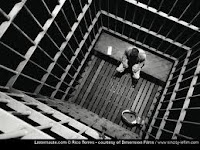





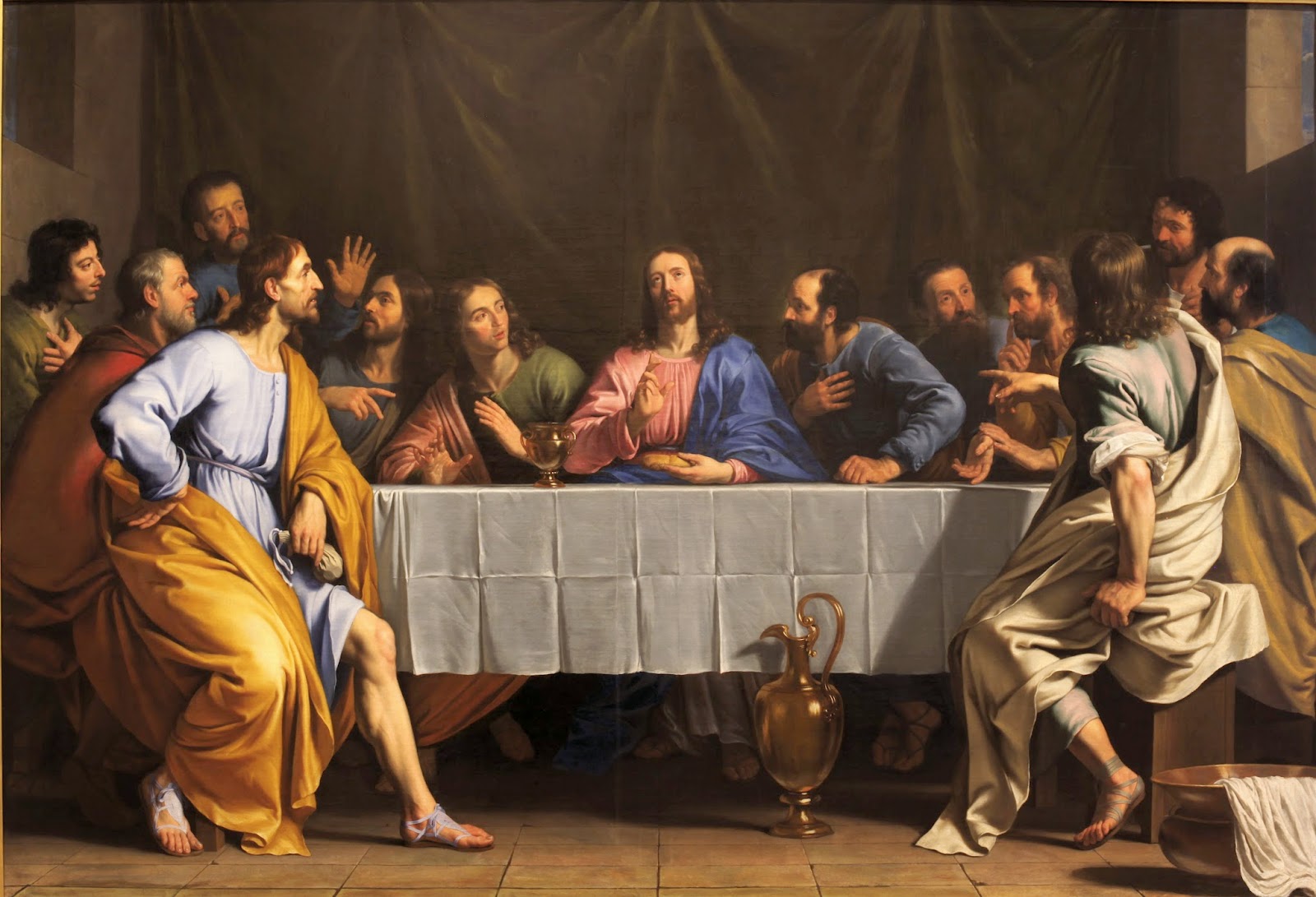
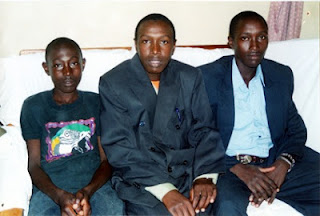

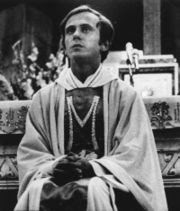
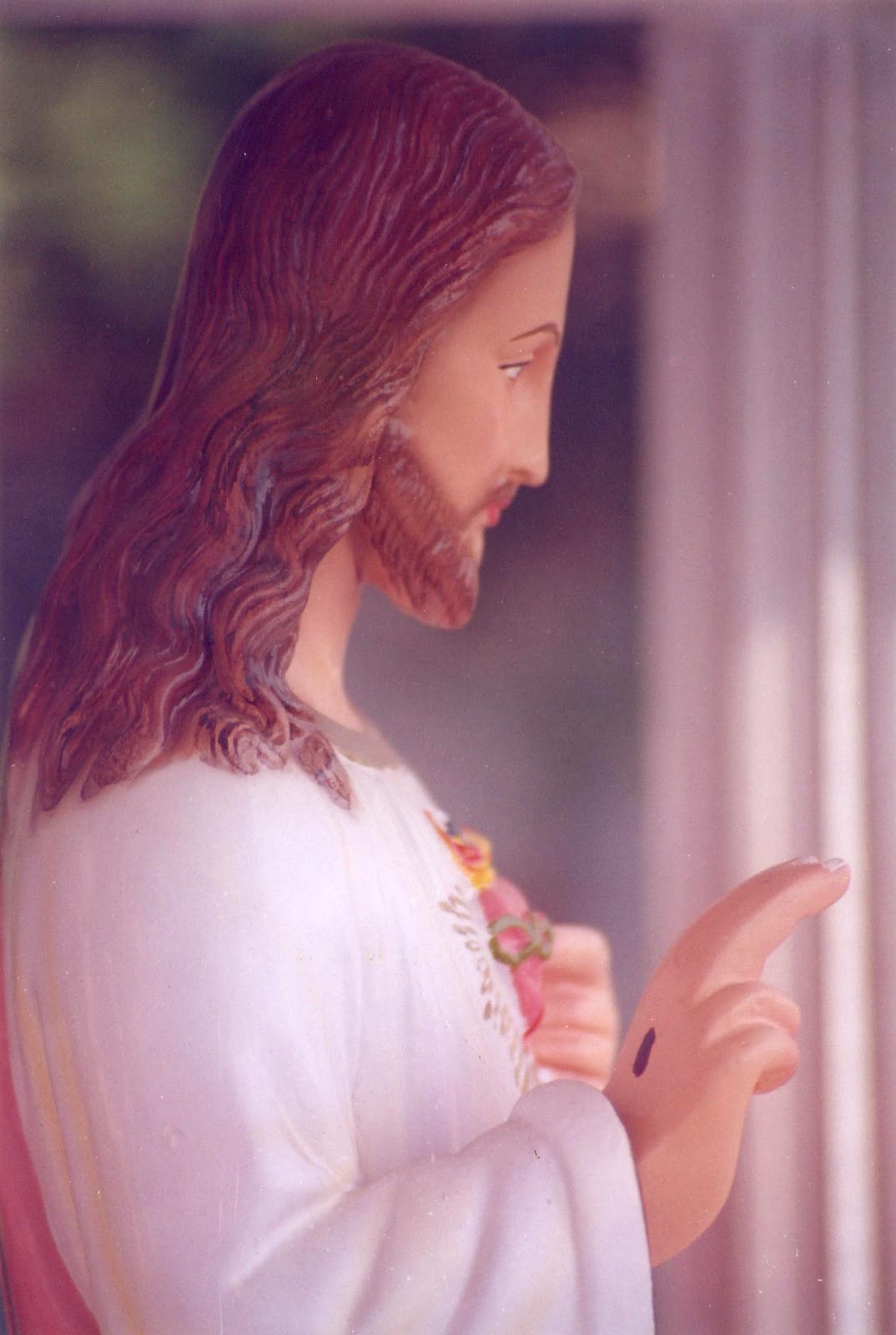
Great story, thanks for sharing Patti.
WOW and great story indeed! 🙂 Thanks for sharing!
Very interesting story. As far as the death penalty goes I suggest catholics read this:
http://www.crisismagazine.com/2011/can-the-church-ban-capital-punishment
Thanks, Dolorosa, that was a very interesting article.